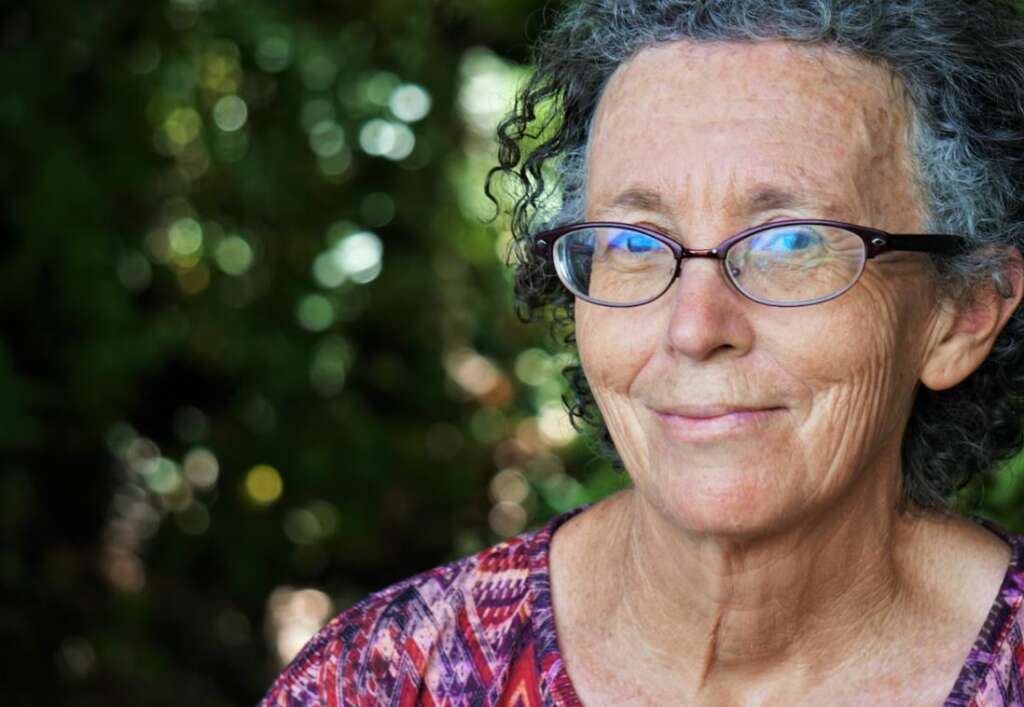What’s the best time in life to do a TEFL course?
The truth is that there’s no “best” time in life to do a TEFL course. It doesn’t matter whether you’re fresh out of college, mid-career looking for a change of direction, or retired and looking to pursue a passion for ESL tutoring, the world of teaching English is open to a whole range of different age groups.
If we had to pick one age to get that TEFL done, it would be as young as possible. That way, you’ll have the qualification under your belt and ready to go whenever you want to use it. However, that’s no reason not to think about becoming a teacher later in life. Just as this guide will show, there are loads of reasons to get qualified no matter how many candles will be on your next birthday cake…
Doing a TEFL at different ages

There’s a myth that TEFL teaching is just for the young. But it really is a myth. Yes, lots and lots of young people do do it. But that’s largely because there’s a bigger appetite to travel and explore among those who’ve just left college than those who’ve already begun their careers.
The fact is that there are pros and cons to doing a TEFL course at different times in your life:
- 18-25 – Doing a TEFL early on means you’ll have it sorted if you ever do want to use it. It also ties in nicely with gap-year work. And it’s perfect if you’ve decided you want to spend the rest of your life in one destination and are desperate to get there right away.
- Mid-career – A TEFL is the perfect career-change qualification. Doing one in your late 20s or 30s means you give yourself a new option in the professional sphere. It’s also a top way to chase that dream of having something a little different to the 9-5, letting you avoid burnout with a career that can take you to tropical beaches or soaring mountain ranges.
- Late-career – Finishing a TEFL course after you’ve turned 50 is a great way to broaden your professional qualifications. It can also be a top way to bridge the gap between your former profession and retirement, perhaps with an exciting change in living circumstances to match (a beach in Thailand for your 50s sounds good, eh?). Other later learners use it as a pathway into volunteering and community work.
- Retired – There is absolutely no reason why retired people shouldn’t do a TEFL course. Not only is it a guaranteed way to learn something new but it can help you meet new people as you go. Plus, there are plenty of places willing to hire applicants over 60, not to mention a whole range of online jobs that could prove a fantastic income stream to bolster the pension.
Am I too old to do TEFL?

No! Definitely not. Notice how we said that without even knowing how old you are? We can do that because we know that you can NEVER be too old for a TEFL qualification. It’s as simple as that.
Even if you’re too old to travel or have retired and don’t want to work professionally anymore, a qualification in teaching can help you broaden your skillset, meet new people, and establish key interpersonal skills. It doesn’t always have to be a path to getting a job.
What’s more, we see TEFL graduates of all ages, from college goers right up to retirees. What we’ve never seen is even a shred of evidence that the younger cohorts are somehow better at the job simply because they are younger. Each age group offers something new and nuanced, differing levels of energy and experience that will help in different ways when you come to teach.
Are there age restrictions for TEFL jobs?

While we can say with confidence that you can and should feel free to do a TEFL qualification at any age, it’s worth knowing that some places do have restrictions on the age of candidates they interview.
This is usually determined by the laws of particular countries…Teaching jobs in South Korea, for example, won’t interview anyone older than 65, since that’s the state pension age. The same goes for Thailand, where you have to retire at 65, and Malaysia, where the retirement age is 60.
These sorts of across-the-board age limits are much more common in Southeast Asia and East Asia than in Europe and South America. That’s why we often recommend that older graduates home in on specific regions when they start their job search.
So, what’s the best time in life to do a TEFL course? There isn’t one, really. We’re always advocates to getting it done ASAP, so you have it ready to use whenever you need. But that doesn’t mean there’s any specific age where it works best. Head over to our courses page to learn more right now.

